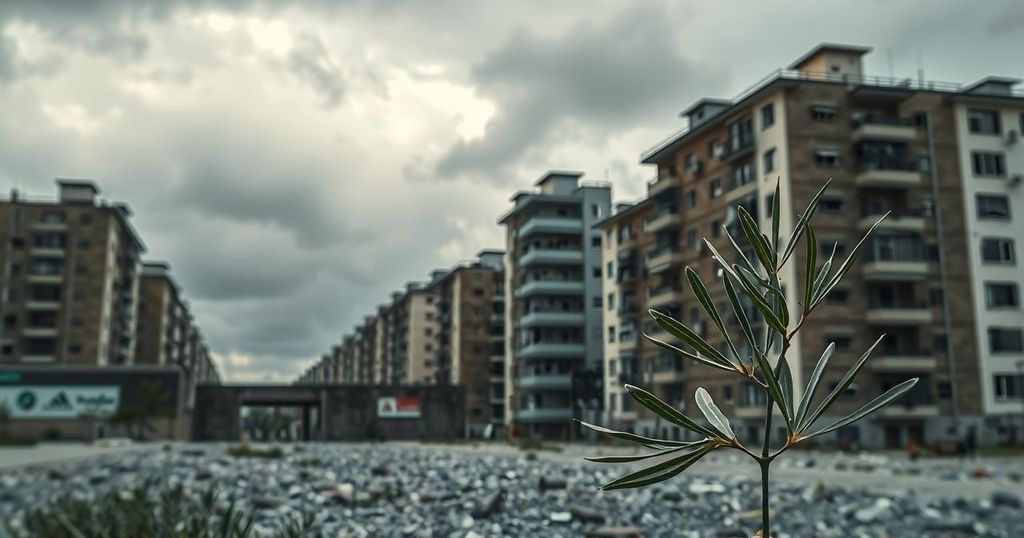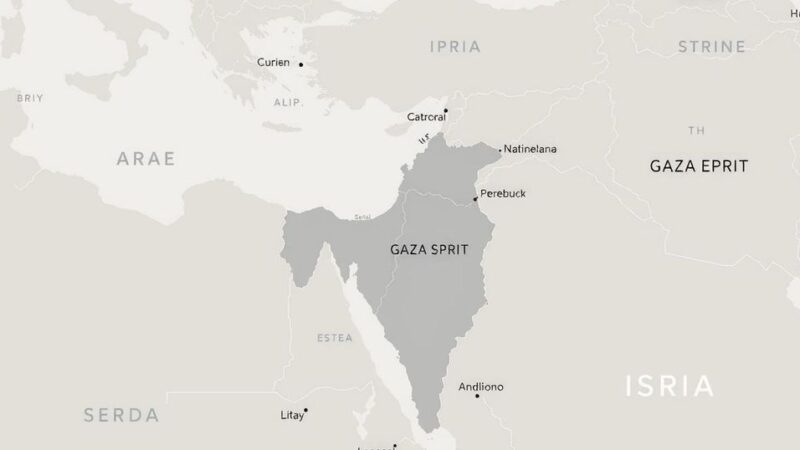AL-Saddiq Khalifa Haftar, head of the High Commission for National Reconciliation, declared the disappearance of MP Ibrahim Al-Dressi as abduction-like. He rejected family blame while criticizing the inadequacy of reconciliation efforts by the Presidential Council under Abdul Hamid Dbeibah’s government. Haftar aims for unity among regions to build a lasting state.
AL-Saddiq Khalifa Haftar, recently appointed head of the High Commission for National Reconciliation by his father, has raised alarms over the disappearance of MP Ibrahim Al-Dressi, describing it as akin to abduction. According to Haftar, such frightening events could transpire in any nation. During a recent interview with the BBC, he acknowledged some security failures yet dismissed the notion that his family should bear responsibility for the incident. “This act should not be attributed to Khalifa Haftar or his sons. Frankly, that would be a great injustice,” he stated.
Haftar aimed to differentiate the role of his commission, insisting it is not a substitute for the reconciliation commission established by the Presidential Council. He pointed out that the council, tasked with fostering national unity, appears sidetracked by other pressing issues. “All that’s happening is a budget being spent in the name of reconciliation with no results on the ground,” he asserted, underscoring his frustration with the current governance.
Moreover, AL-Saddiq expressed his concern regarding the circumstances surrounding Tripoli and the western regions, which fall under the jurisdiction of the Government of National Unity, led by Abdul Hamid Dbeibah. He reiterated an appeal for unity among Libya’s regions, advocating for collaboration towards what he termed a “real state” to emerge.
In summary, AL-Saddiq Khalifa Haftar has voiced significant concerns over the disappearance of MP Ibrahim Al-Dressi, which he described as a potential abduction. While acknowledging security challenges, he clarified that his family should not be held accountable. Furthermore, he stressed that his commission is distinct from the Presidential Council’s, criticizing lack of effective reconciliation efforts. Thus, he calls for Libya’s regions to unify towards a more structured governmental framework.
Original Source: libyaobserver.ly






